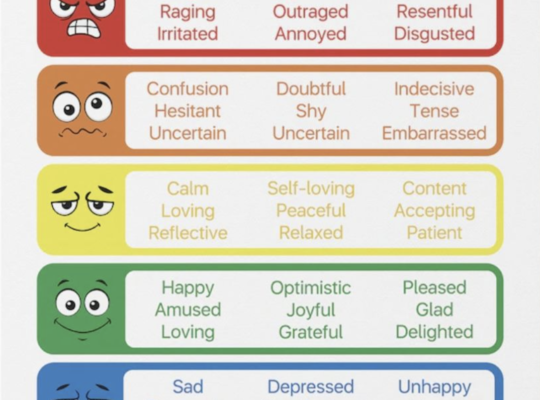
Dependency in Breakups often feel like a storm uprooting every aspect of your emotional landscape. Beyond the sadness, they can bring up deeper issues, such as emotional dependency. For many, a breakup doesn’t just mean losing a partner; it can feel like losing a core part of their identity or emotional support system.
Emotional dependency in relationships involves relying heavily on your partner for validation, comfort, and a sense of self. While this dynamic might seem manageable within a relationship, it becomes a significant hurdle during a breakup. Let’s explore the psychological aspects of dependency, the challenges it presents post-breakup, and evidence-based strategies for healing and rebuilding.
Dependency in Breakups: Emotional Dependency
Emotional dependency stems from a deep-seated need for external validation and connection. In the context of a relationship, it manifests as relying on your partner to fulfill your emotional needs. This isn’t inherently negative; healthy interdependence is part of any strong relationship. The problem arises when dependency becomes excessive, leading to an imbalance where one partner feels unable to cope without the other.
Psychologists often link emotional dependency to attachment styles developed in childhood. Anxious attachment, for example, is characterized by a fear of abandonment and a heightened need for reassurance. When such individuals experience a breakup, the loss triggers these fears, leading to behaviors like obsessive thoughts or attempts to rekindle the relationship, often at the expense of their well-being.
Dependency in Breakups: Challenges
1. Emotional Withdrawal
Research shows that dependency activates brain regions associated with addiction. Losing a partner can feel like withdrawal from a drug, as your brain craves the dopamine rush once associated with their presence. This leads to obsessive behaviors, such as repeatedly checking their social media or analyzing past conversations.
2. Loss of Identity
In highly dependent relationships, people often merge their identity with their partner’s. After a breakup, they may feel like they’ve lost their sense of self, leading to confusion, low self-esteem, and difficulty imagining life without their ex.
3. Fear of Being Alone
Many individuals equate being alone with failure or rejection. This fear can push them to cling to their ex, even in toxic or unfulfilling relationships. It also makes it harder to envision a fulfilling life independent of a romantic partner.
Dependency in Breakups: Strategies for Managing Dependency Post-Breakup
1. The “No-Contact Rule”
The no-contact rule is a cornerstone for overcoming dependency. By cutting off all communication with your ex, you create space to process emotions without interference. This distance prevents repeated emotional triggers and allows you to rebuild your sense of self. A 2022 study published in Personality and Social Psychology Bulletin highlights that maintaining distance post-breakup significantly aids emotional recovery.
2. Build Emotional Resilience
Emotional dependency often results from low self-worth. Use this time to focus on building your confidence and resilience:
- Therapy: Cognitive Behavioral Therapy (CBT) can help challenge negative thoughts and foster self-acceptance.
- Mindfulness: Practices like meditation can reduce anxiety and help you stay present rather than fixating on the past.
3. Rediscover Yourself
Breakups provide an opportunity to reconnect with your identity outside the relationship. Consider:
- Exploring hobbies or passions you neglected during the relationship.
- Setting personal goals, like learning a new skill or pursuing a fitness routine.
- Journaling to track your growth and express emotions constructively.
4. Lean on a Support Network
Isolation can worsen dependency. Surround yourself with supportive friends and family who can remind you of your worth and provide a reality check when emotions cloud your judgment. Support groups or online communities can also be invaluable.
5. Reframe Your Thoughts
A technique from CBT, reframing helps you view the breakup as a step toward growth rather than a failure. Instead of focusing on what you’ve lost, think about what you can gain—freedom, self-awareness, and opportunities for healthier relationships in the future.
Dependency in Breakups: Journey to Self-Rebuilding
In cases where dependency feels overwhelming, seeking professional help can be transformative. Therapists can help uncover the root causes of dependency, often tied to childhood experiences or unresolved emotional wounds. They also provide tailored strategies to cultivate independence and healthier relationship patterns.
Healing from emotional dependency is a process, not a quick fix. It requires time, patience, and consistent effort. Start by celebrating small victories, like going a day without thinking about your ex or engaging in an activity that makes you feel alive. Remember, this isn’t just about moving on from a breakup—it’s about growing into the best version of yourself.
Dependency in breakups can feel all-encompassing, but it doesn’t define you. With the right strategies and support, you can rebuild your life, rediscover your passions, and form healthier, more fulfilling relationships in the future.







